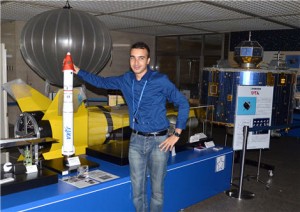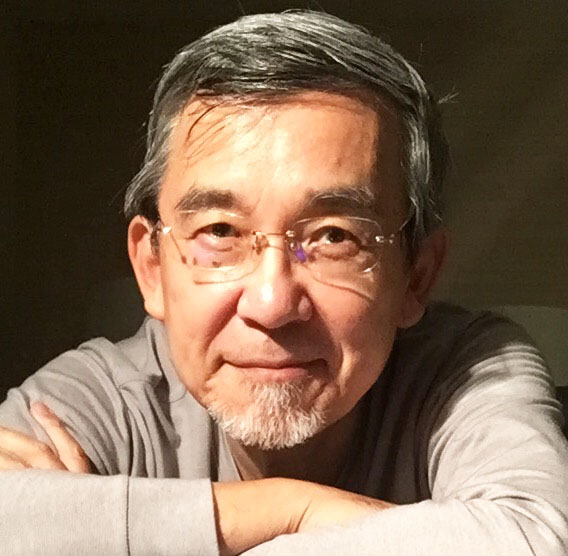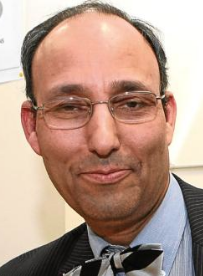
A pair of researchers in Japan has lost their third paper in a UK journal, which cites problematic images and an institutional investigation for the move.
The 2016 article, “Novel Rh-substituted hexaaluminate catalysts for N2O decomposition,” was written by Rachid Amrousse and Akimasa Tsutsumi, of the Japan Aerospace Exploration Agency, or JAXA, in Sagamihara. It appeared in Catalysis Society & Technology, a publication of the Royal Society of Chemistry, and has been cited seven times, according to Clarivate Analytics’ Web of Science.
According to the retraction notice: Continue reading Aerospace researchers in Japan up to three retractions




 The maker of a leading over-the-counter antacid has withdrawn its application for approval of the drug in China because a clinical trial of the product in that country was marred by “major protocol deviations.”
The maker of a leading over-the-counter antacid has withdrawn its application for approval of the drug in China because a clinical trial of the product in that country was marred by “major protocol deviations.”

